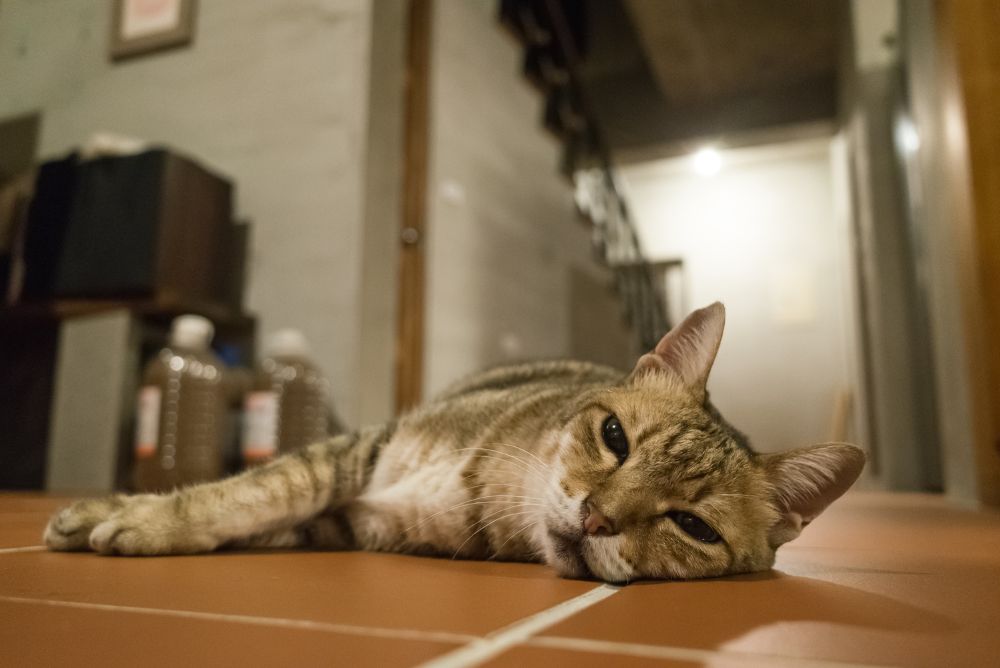Being a pet owner comes with many joys and woes, but you should know how to keep your furry friend safe. Many pet owners are looking to move from apartments into houses to allow more room for their pets to run and play. Although this is an excellent upgrade, you must consider many safety factors, including radon levels, when choosing your new home. Read on to learn more about how higher radon levels can affect your pets.
Radon and Dogs
Just as radon exposure can be harmful to humans, it’s equally, if not more, dangerous for animals. For instance, when dogs breathe air containing high radon concentrations, they may experience serious respiratory issues. The radioactive metals in radon gas have carcinogenic effects, which your dog isn’t immune to; therefore, your pup could be at risk for developing lung cancer.
While there are many other reasons your dog could develop lung cancer, radon poisoning-related lung cancer may cause the following symptoms in dogs:
- Fever
- Loss of appetite
- Coughing
- Breathing difficulties
- Lameness
Radon and Cats
Radon exposure is also highly dangerous for cats. Because cats are smaller than most dog breeds, they’re closer to the ground; as a result, they may be more at risk for radon poisoning. Believe it or not, cats are more susceptible to lung cancer than other animals, typically developing this disease around 10 years of age. However, felines can develop lung cancer from radon exposure at any age.
Cats’ lung cancer symptoms aren’t always straightforward, and they may have a false diagnosis of asthma instead. Consider the following common symptoms of lung cancer in cats to be sure you’re not letting your kitty’s condition go untreated:
- Weight loss
- Lameness
- Cough without phlegm, but sometimes blood
- Loss of appetite
- Difficulty breathing
- Lethargy
Protecting Your Family
Keeping your family safe is your top priority, and your pets are important members of your family. Although you may be at high risk for radon poisoning due to unsafe levels of radon gas, your animals could actually be at a much higher risk. If you’re unsure about your home’s radon levels, you should perform regular testing as the concentration of gas can change throughout the year. Be sure to hire a radon mitigation company in Fort Collins, CO, if you need help with testing or installing a mitigation system.
Understanding how higher radon levels can affect your pets is the first step to ensuring a safe space for your furry friends. After all, giving them a safe, cozy place to live is the main reason for adopting animals and welcoming them into your family.


Recent Comments